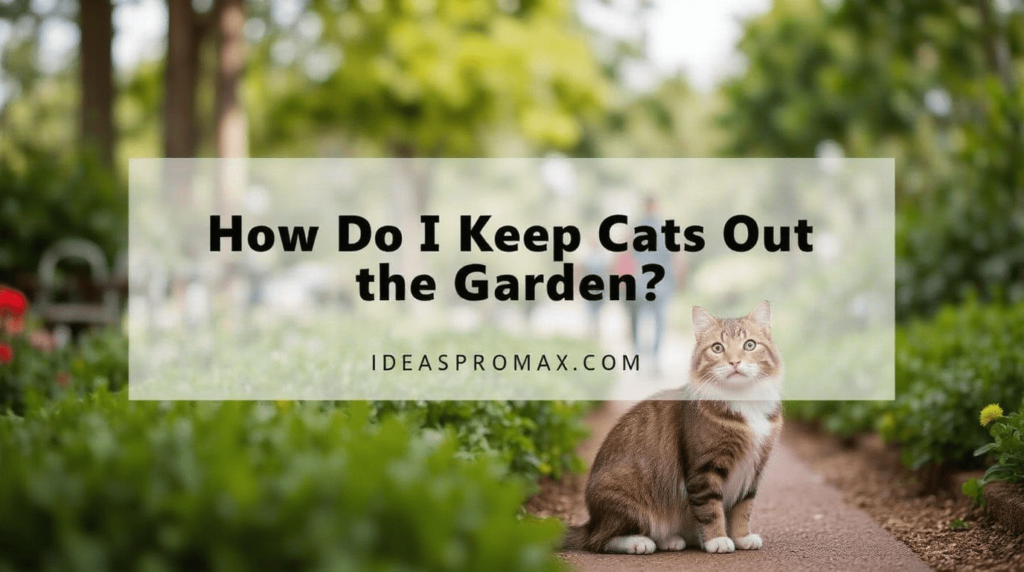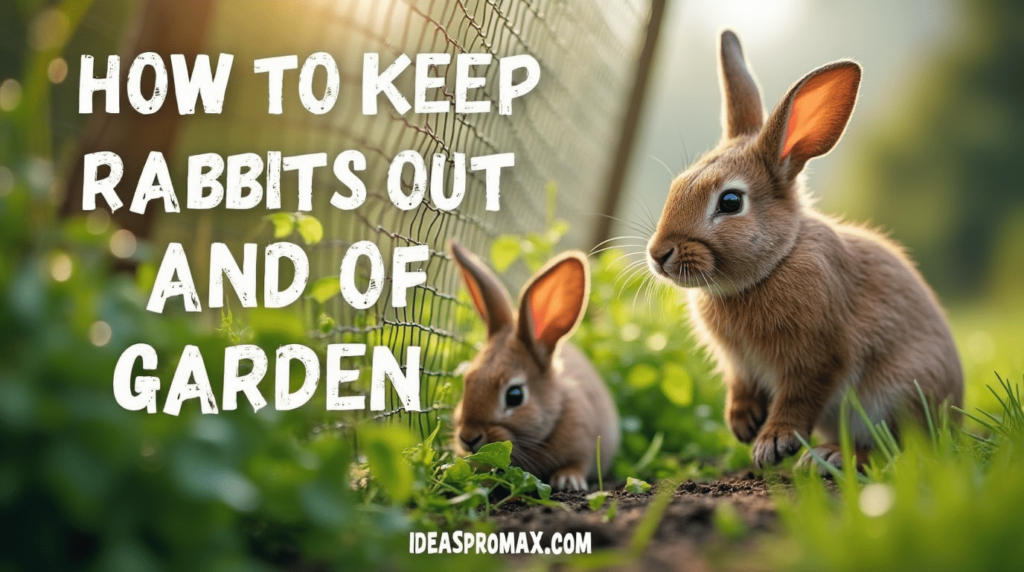how do i keep cats out of the garden
Gardening is a peaceful hobby, but cats can make it frustrating. They turn your garden into their playground. As a gardener, I know how hard it is to keep them out.
Cats love gardens because they’re full of interesting smells and sights. They can damage your plants and soil. I want to help you keep your garden safe from these curious visitors.
Key Takeaways
- Understand cat behavior and garden attraction patterns
- Learn natural and humane deterrent methods
- Protect your garden without harming local cats
- Create effective physical barriers
- Preserve the health of your plants and soil
Understanding Why Cats Are Attracted to Your Garden
Gardens attract cats for many reasons. Knowing why helps gardeners keep their tools, beds, and compost safe from cats.
Natural Cat Behavior in Outdoor Spaces
Cats love gardens because of their instincts. They hunt and explore, making gardens a perfect place for them. The soft soil is great for digging and marking territory.
- Cats have strong territorial instincts
- Gardens offer multiple sensory experiences
- Hunting opportunities attract felines
Garden Areas Most Attractive to Cats
Some spots in the garden are more appealing to cats. Raised beds with soft soil are great for lounging and digging. Near bird feeders, cats can hunt. Compost piles offer interesting textures and potential prey.
| Garden Area | Cat Attraction |
| Raised Beds | Soft soil for digging |
| Compost Piles | Small wildlife habitat |
| Bird Feeders | Hunting opportunities |
Potential Garden Impacts
Cats can harm gardens. They might damage seedlings, contaminate compost, and scare away other wildlife. Knowing this helps gardeners prevent these problems.
“Understanding cat behavior is the first step in creating a harmonious garden environment.”
Natural and Physical Deterrents for Your Garden
Keeping cats out of your garden is key. I’ve found ways to keep them away from my plants without harming them.
Natural barriers can be very effective. Cats don’t like certain plants and smells. These can help protect your garden. Here are some organic options:
- Plant lavender and rosemary around garden borders
- Spread citrus peels near vulnerable plant areas
- Sprinkle coffee grounds around garden beds
- Use essential oils like citronella or eucalyptus
Physical barriers also help. Here are some ideas:
- Install chicken wire around vegetable gardens
- Use plastic netting to cover flower beds
- Place smooth stones or pine cones in planting areas
Modern tech offers more solutions. Motion-activated sprinklers and ultrasonic devices can keep cats away. They startle cats without hurting them.
“The key is creating an environment that’s uninviting to cats while maintaining the beauty of your organic garden.” – Gardening Expert
Be patient and consistent with these methods. Every garden is different. Try different things to find what works best for you.
Conclusion
My journey in home gardening has shown me that keeping neighborhood cats away needs patience and creativity. By understanding cat behavior and using smart deterrents, you can make your outdoor space beautiful and cat-free.
The secret to a safe garden is using a mix of methods. You might try natural repellents, physical barriers, or things that cats don’t like. Your goal is to make your garden less appealing to cats but still welcoming to plants and other wildlife.
Every garden is different, so what works for one might not work for another. I suggest trying out different methods and seeing what works best for your garden. Being patient and flexible is key when dealing with outdoor challenges in gardening.
With the right strategies, you can turn your garden into a peaceful place. It will respect your hard work and the local cats. Your effort to create a peaceful outdoor space will make your garden thrive, free from cats, and bring you happiness.
FAQ
Why are cats attracted to my garden?
Cats are drawn to gardens for many reasons. They enjoy digging in soft soil, which feels nice under their paws. Raised beds and loose compost areas are perfect for them to mark territory, hunt small creatures, or use as a litter box. Their natural hunting instincts and curiosity make gardens a fun playground for them.
Are there any plants that naturally repel cats?
Yes, there are plants that cats tend to avoid. Lavender, rosemary, rue, and coleus canina (the “scaredy cat plant”) are great natural deterrents. Strong-smelling herbs like mint, lemongrass, and citronella can also keep cats away from your garden.
What are some physical barriers I can use to protect my garden?
Several physical barriers can protect your garden. Chicken wire, plastic garden netting, or landscaping fabric can stop cats from digging. Motion-activated sprinklers can also scare cats away with unexpected water spray. Mulch with sharp materials like pine cones or sharp pebbles can make the ground uncomfortable for cats.
Are ultrasonic cat deterrents effective?
Ultrasonic devices can be effective but not always. They emit sounds that cats find unpleasant, which might keep them out of your garden. Some gardeners swear by them, but others find them inconsistent. It’s best to use them with other methods for better protection.
How can I prevent cats from using my garden as a litter box?
To stop cats from using your garden as a bathroom, try a few things. Spread citrus peels, coffee grounds, or commercial cat repellent granules around. Physical barriers, motion-activated sprinklers, and making the soil less inviting can also help.
Are there any humane ways to keep cats out of my garden?
Yes, there are humane ways to keep cats out. Make your garden less appealing without harming them. Use natural deterrents, create physical barriers, and motion-activated sprinklers. These methods discourage cats without causing them pain or distress.
How often should I reapply natural cat deterrents?
Natural deterrents like citrus peels, coffee grounds, and essential oils need to be reapplied every 1-2 weeks. After heavy rain, check your garden and refresh these deterrents. Rotating different methods can also keep cats from getting used to one approach.


